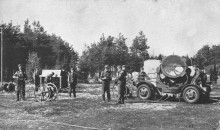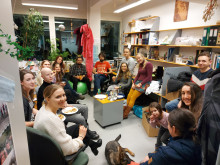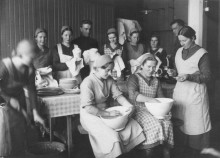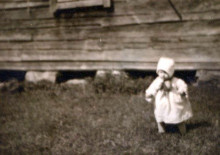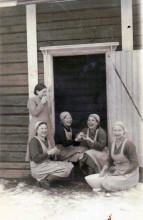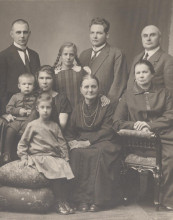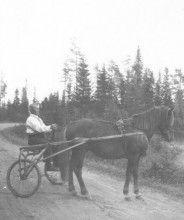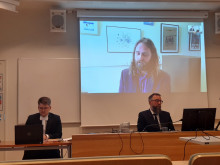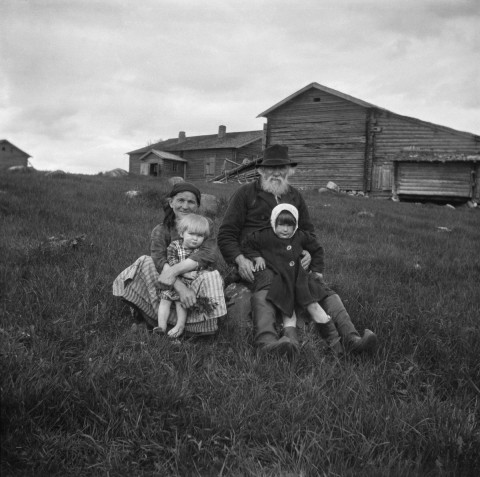
Simon Chapman, Mirkka Danielsbacka, Antti O. Tanskanen, Mirkka Lahdenperä, Jenni Pettay and Virpi Lummaa published a paper in Behavioural Ecology:
Grandparental co-residence and grandchild survival: the role of resource competition in a pre-industrial population.
Abstract:
|
Although grandparents are and have been important alloparents to their grandchildren, they are not necessarily only beneficial but can also compete with grandchildren over limited resources. Competition over parental care or other resources may exist especially if grandparents live in the same household with grandchildren and it can be dependent on grandchild age. By utilizing demographic data collected from historic population registers in Finland between 1761 and 1895 (study sample n = 4041) we investigate whether grandparents living in the same household with grandchildren are detrimental or beneficial for grandchild survival. Having a living but not co-residing grandmother or grandfather were both associated with better survival whereas having a co-resident grandfather was associated with lower chance to survive for infants (age < 1 year). Separating the effect between maternal and paternal grand- parents and grandmothers and grandfathers revealed no differences in the effects between lineages. Negative effect of having a co-residing grandfather was not significant when grandfathers were separated for lineage specific models. These results implicate that accounting for the co-residence status and child’s age, grandparents were mostly beneficial when not co-residing with very young children and that having a co-residing grandfather at that age could be associated with lower chances to survive. Predictions made by grandmother hypothesis and resource competition both received support. The results presented here also offered compar- ison points to preindustrial and contemporary three-generational families. |
|
Key words: Finland, grandchildren, grandmother hypothesis, grandparents, resource competition, sex specific reproductive strategies, three-generational household. |

